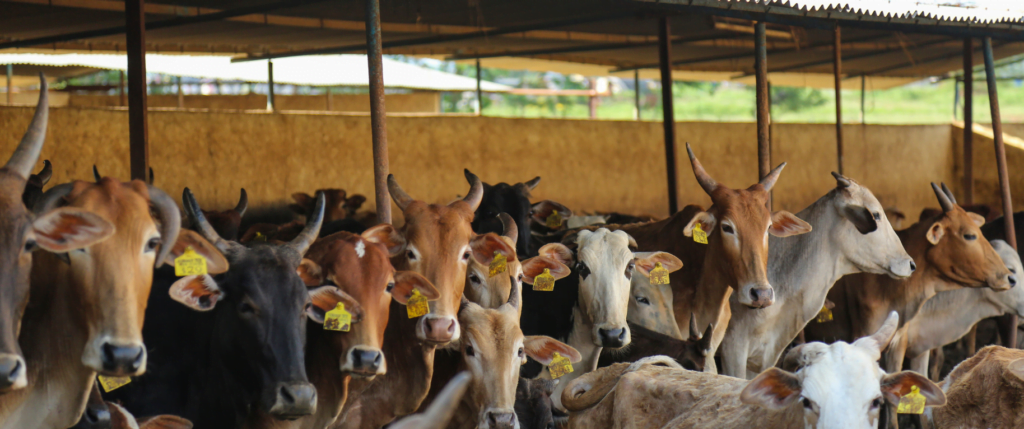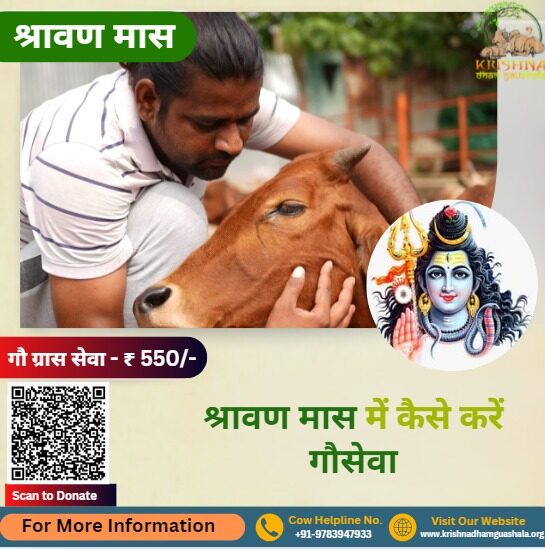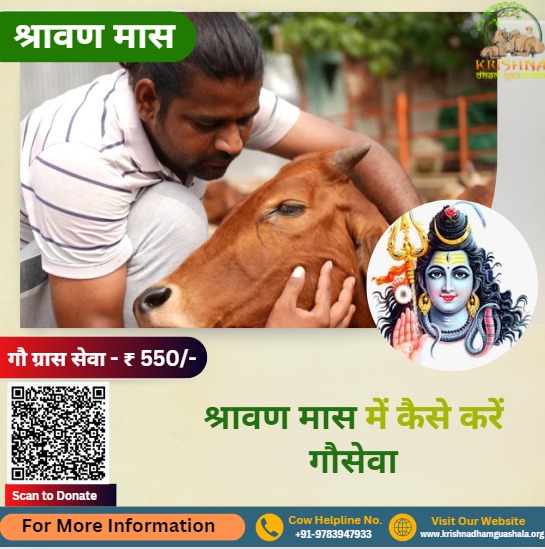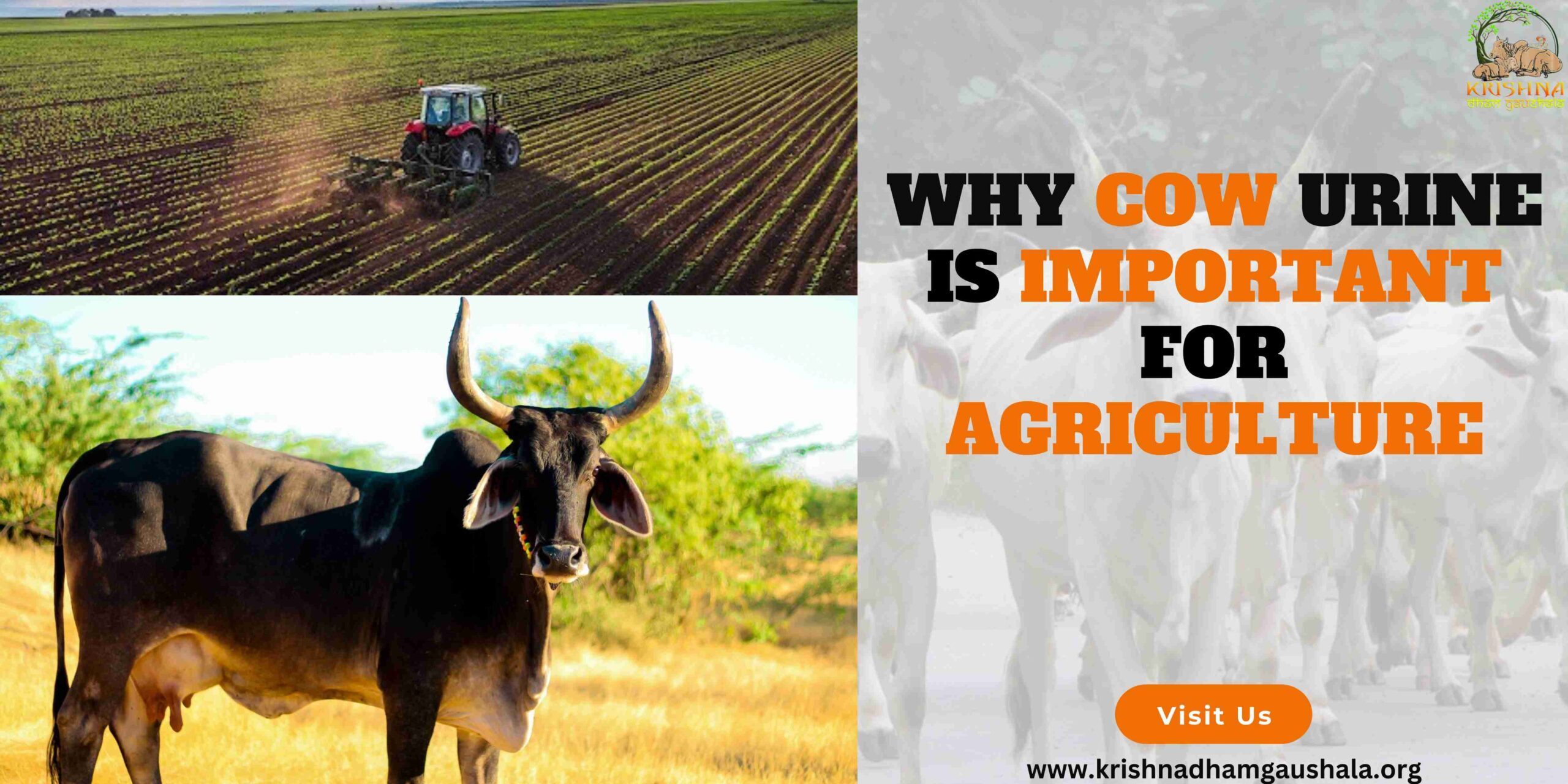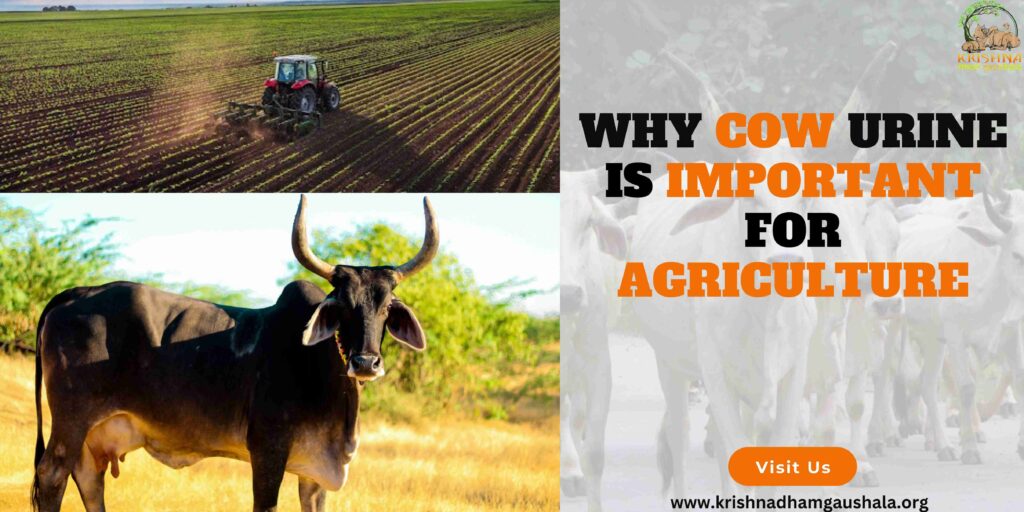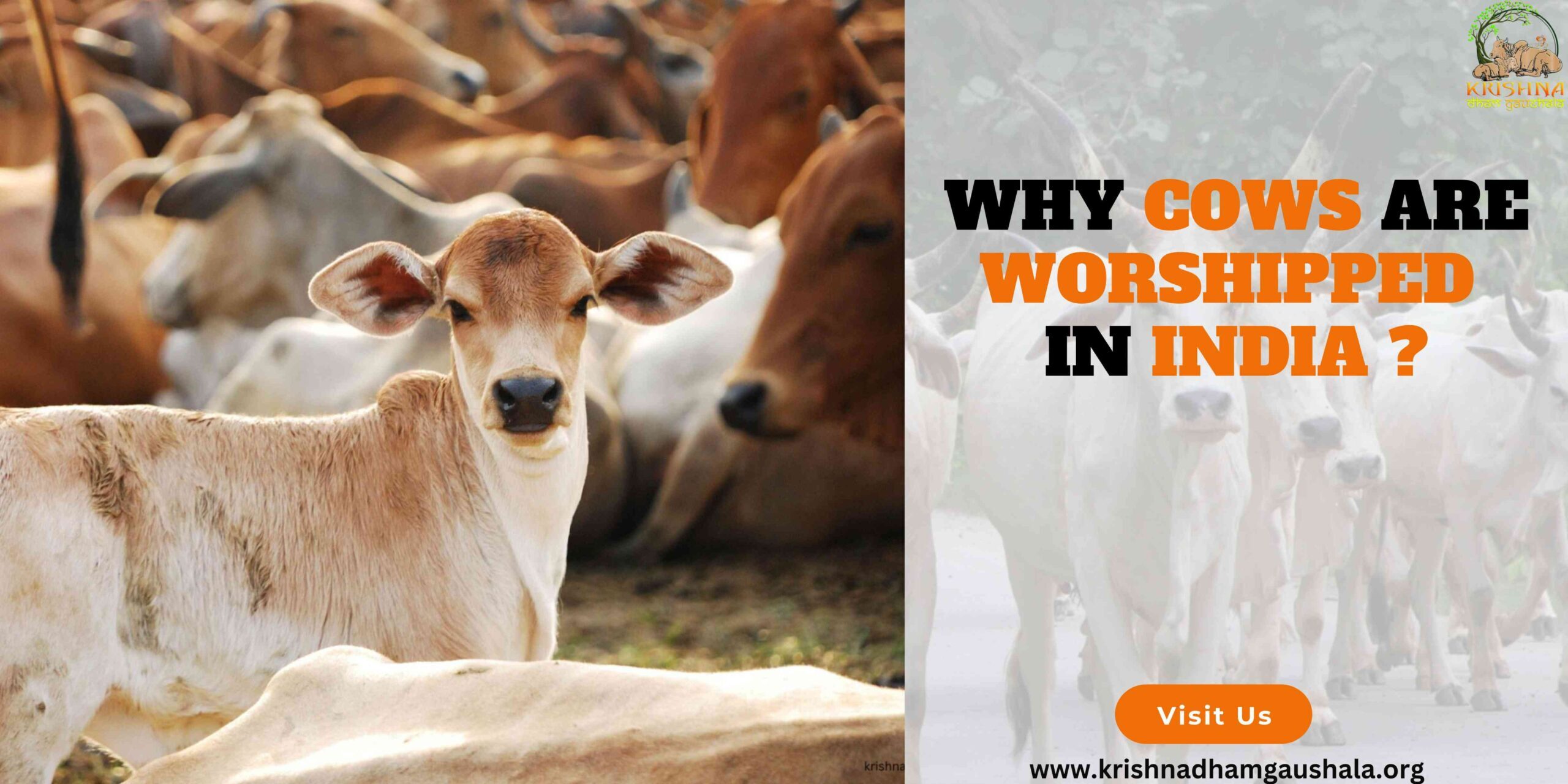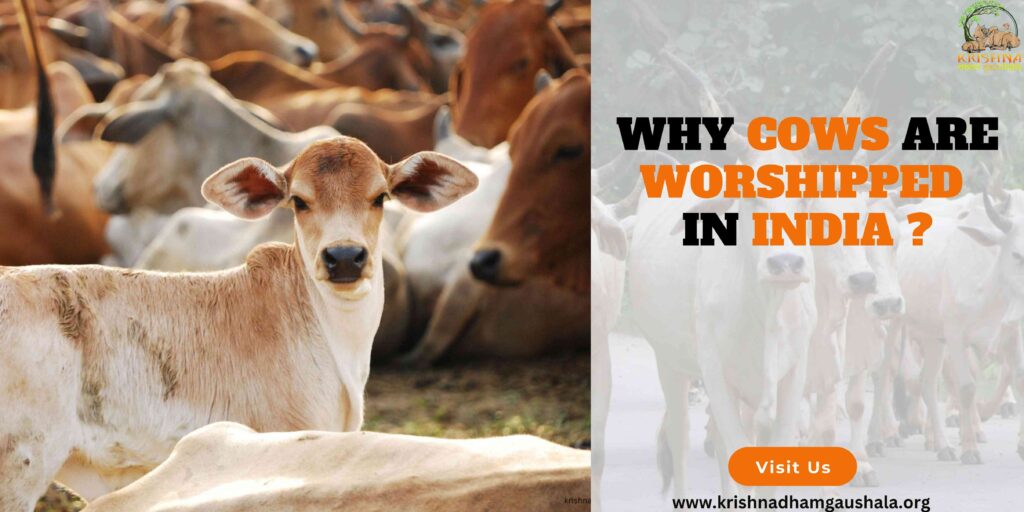Why is Cow Considered So Important ?

Why is Cow Considered So Important
In many cultures, especially in India, the cow holds a place of high respect and spiritual significance. From ancient times, it has been treated as a symbol of selfless giving and nurturing. The cow is often seen as a mother figure, providing essential sustenance like milk, and contributing to the well-being of humankind in various ways. Let’s dive into why the cow is considered so important, particularly in the Indian context.
1. Spiritual Connection: Lord Krishna and the Cow
One of the most beautiful associations of the cow in Indian culture comes from the stories of Lord Krishna. Known as “Gopal” or “Govind,” Krishna was a cowherd who spent much of his time caring for and playing with cows. According to legends, Krishna’s love for cows reflected his deep connection with nature and life. He would lead cows to graze in the fields, ensuring they were well-fed and protected.
The image of little Kanha (Krishna’s affectionate name) eagerly waiting for his mother Yashoda to churn butter from milk is cherished in Indian folklore. This deep bond between Krishna and the cow highlights how the cow was not just an animal but a companion and a source of life for the people.
2. The Power of Panchagavya – Why is Cow Considered So Important
In Hindu tradition, the cow is not only valued for its milk but also for five sacred products known as Panchagavya. These five products include:
- Milk
- Curd (Yogurt)
- Ghee (Clarified butter)
- Cow dung
- Cow urine
Each of these is believed to have significant purifying properties and is used in religious rituals and Ayurveda (ancient Indian medicine). For example, milk and ghee are used in sacred offerings to the gods, and cow dung is used in religious ceremonies and for cleaning due to its natural disinfectant properties. The use of Panchagavya is seen as a way to maintain purity and bring sanctity to a space or a person.
3. Cow and Righteousness in Ancient Scriptures
The importance of the cow is also mentioned in many sacred texts. One such example is the Mahabharata, where it is said that all the Upanishads (the philosophical texts) are like cows, and Lord Krishna, as the divine cowherd, is the one who draws out the knowledge from these “cows.” Arjun, the hero of the Mahabharata, is compared to a calf that receives nourishment in the form of wisdom from the divine milk of the Geeta.
In another tale, King Dilip, an ancient Indian ruler, is said to have performed cow service to receive the blessings he desired. This story highlights how caring for cows was believed to bring about good fortune, prosperity, and happiness. These narratives are a testament to the long-standing cultural and spiritual reverence for cows in Indian society.
4. Cows in Global Perspective – Why is Cow Considered So Important
While cows are deeply revered in India, they also hold significance in other parts of the world. Denmark, for instance, is well-known today for its dairy science. Interestingly, the name Denmark is said to have been derived from the word Dhenumak, which is related to cows in ancient Sanskrit. This shows that the importance of cows is recognized across different cultures and times.
5. Vatsalya Rasa: The Emotion of Nurturing
The term Vatsalya rasa refers to the feeling of love and nurturing, which comes from the word Vatsa, meaning calf. This shows how closely linked the idea of caring and compassion is to the cow. In Indian tradition, the cow calf is considered the embodiment of righteousness, and a son is often lovingly called Vatsa.
The cow’s selfless act of giving milk without expecting anything in return represents the purest form of nurturing. This quality is admired and respected in Indian households, where the cow is treated as part of the family.
6. The Role of Cows in Modern Society – Why is Cow Considered So Important
In today’s world, cows continue to be an essential part of rural life in India. They provide milk, which is a staple in many households. Cow dung is used as a natural fertilizer in farming, and cow urine is used in some traditional medicines. Beyond these practical uses, many organizations and individuals are involved in cow protection and welfare.
One such example is the idea of Tula Daan, where people donate items equal to their weight to cows. This tradition is believed to bring prosperity and remove negative energies. Many cow shelters (Gaushalas) provide care for old, abandoned, and injured cows, giving them food, shelter, and medical treatment. These shelters depend on donations and support from kind-hearted individuals.
7. How You Can Help
Cows, especially abandoned and injured ones, need our help now more than ever. By donating for their treatment, feeding, and shelter, you can play a part in protecting these gentle creatures. Whether it’s green fodder, medicines, or simply financial support, every contribution can make a difference.
To donate for cow treatment and support the cause of cow protection, you can visit the following links:
In conclusion, the cow is not just an animal but a symbol of life, nurturing, and purity. By respecting and caring for cows, we honor an age-old tradition of love and compassion that benefits both the giver and the receiver.
Also check out our YouTube Channel

